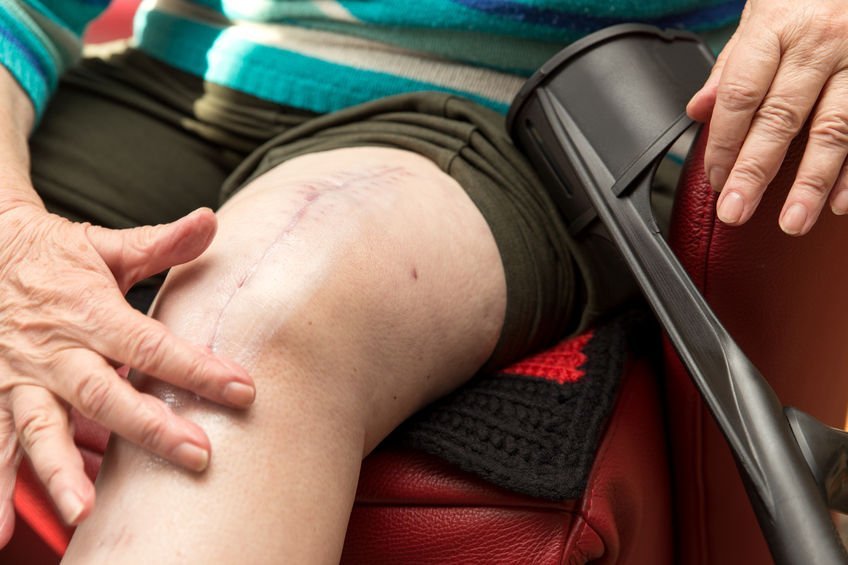Total Knee Replacement – The Frustration and what to do about it!
We have had a number of patients visit us recently after
surgery for knee replacement.
One of the common things that we are hearing about is,
FRUSTRATION!
Frustration with things like-
·
Continuing pain
·
Difficulty with walking and not being able to
walk as far
·
Poor range of movement in their knee
·
Feeling of weakness in their legs
·
Not being able to do the same things they were
doing before surgery
We saw John (68) from Dunmurry this week. He had knee
replacement surgery a year and a half ago. This long down the line since
surgery he was still complaining of pain in his knee, his mobility wasn’t where
he thought it would be at and was just feeling frustrated. The main thing he
really wanted to be able to do was to improve his overall general fitness and be
able to get out of the house more.
We have now put a plan in place, to do lots of hands on
work, and the right progression of rehab to move him forward in his recovery.
Long term, we have discussed the possibility of doing the walking side of a
park run on a Saturday morning. To continue to build on strength and
flexibility too, we may also see if Pilates is something he would be keen to
do, but for now the main thing is helping reduce pain and doing things he loves
doing.
Those people who have had a knee replacement and are still
frustrated after their surgery, here is some of my top pieces of advice.
1.
Stay active
Really important for both the mind and the body. Staying
active keeps those joints moving, it keeps the muscle strong and maintains the
body’s flexibility. It stops the body from stiffening up on a daily basis.
Remember the reasons why you went for surgery. One of those reasons was
probably to help mobility, and independence.
2.
See a Specialist Physiotherapist
Seeing a Specialist Physiotherapist, who has the skills,
knowledge and experience that will most likely help guide you through the rehab
journey. They will have helped many, many people with similar problems just
like you, back to a position where they are able to do the things they love
doing. They will be well aware that you want to maintain independence and
mobility.
3.
Strengthen the right muscles
Most people do well at strengthening the main knee muscles.
Those aren’t the only muscles that need to be worked on. It’s good to
strengthen the whole body, as these muscles help to look after th joints.
4.
Stretch the right muscles
Again this is important to maintain flexibility to allow the
knee joint to move through a good range of movement. If you don’t have good
range of movement, you will most likely have stiff joints which will most
likely lead to decreased mobility.
5.
Find an exercise regime that suits your
lifestyle
Everyone is different as to what they feel they are able to
do. Walking is great to help maintain strength and fitness. Running is
something you will most likely have to refrain from due to the high impact and
forces through the knee.
Pilates, is an excellent form of exercise that not only can
help to strengthen and stretch the muscles of the body, but as you work in a
class structure there is fun and craic. Working in a Specialist Physiotherapist
Pilates led class should give you that little bit of confidence that exercises
can be tailored to your needs.
If you have any further questions or would like to know
more, then please feel free to call the clinic on 028 9266 6959.
If you would like to know more about simple strategies to
ease knee pain then please download our FREE knee report here,
.
